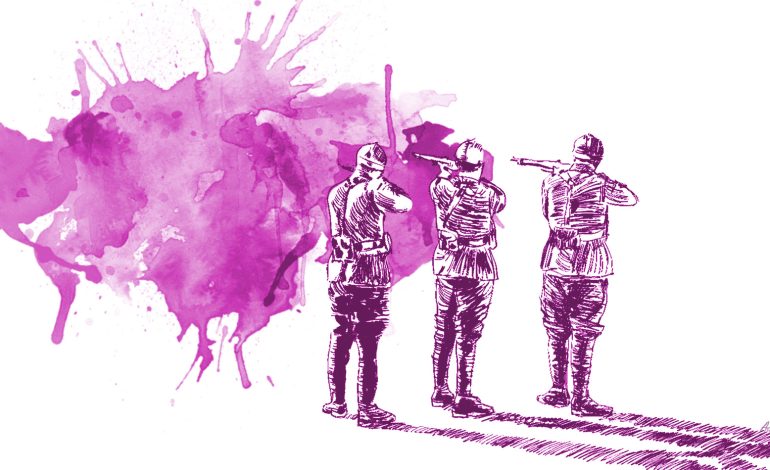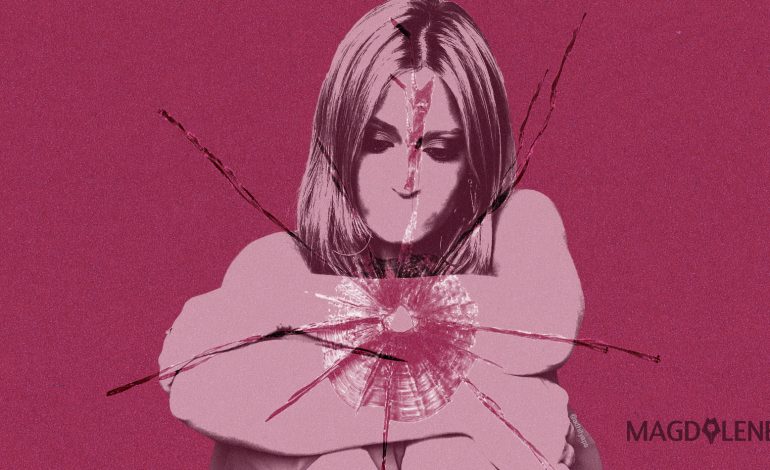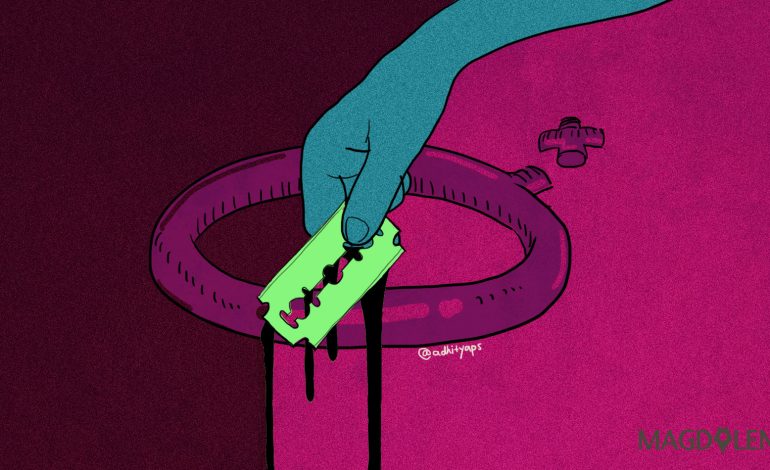Cruel and Unnecessary: Why Death Penalty Should be Abolished

In Indonesia, death penalty is believed to be the most effective attempt to impose deterrent effect when it comes to the problems of illegal drugs trade and terrorism. In practice, however, capital punishment is prone to flawed process and has harmful consequences—facts that most of its supporters are unaware of.
According to data from the National Narcotics Agency (BNN), the number of drug users had risen up to 1.7 million users from June 2015 to November 2016, despite two drug-related executions during this period.
“The BNN data proves how ineffective capital punishment is in solving drug abuse problems,” said Astried Permata the Communication Officer of Community Legal Aid Institute (LBH Masyarakat), a human’s rights organization that hosted “A Day for Forever 2017” event to commemorate anti-capital punishment day, last Saturday, in Conclave, South Jakarta.
Those executed were often either victims of false arrest or framed, or those who couldn’t afford proper legal supports, said Astried.
She expressed her disappointment with President Joko Widodo not only for unfulfilling his electoral promise to protect human rights, but also for his apparent eagerness to execute drugs convicts.

“Death penalty has been used to build public image of a strong and respected leader,” said Astried.
“We hope that ‘A Day for Forever 2017’ would give proper knowledge to public regarding the detrimental aspects of capital punishment that is rarely talked about in mainstream media,” she added. The half-a-day event includes talk show, film screening, poetry reading, stand-up comedy, pantomime, and music performance.
During the talk show Catholic priest Romo Carolus, a spiritual advisor to some death-row convicts, talked about the inhuman treatment of the inmates before execution, including the “waiting” time. Death row convicts typically have to wait 10 to 15 years before they are executed.
“I have witnessed their psychological state deteriorating. I have seen them frightened and crying in fear that they defecated their pants,” Romo Carolus recalled. “Many were deprived of their rights to meet with their family, and even at times, some who weren’t given time to be with their spiritual advisors before their execution cried, ‘Where is Father?’. It’s truly heartbreaking to witness human beings treated this way.”
He also rebutted the argument that death penalty is a “torture-free” method that guarantees an instant death.
“If you didn’t know already, after being shot by the executioners, they will still be alive for up to 15 minutes. Remember Amrozi, he did not even get shot in the head; he was shot in his neck,” he said, referring to one of the Bali bombers executed a few years back.
In addition, he pointed out the fact that the government also executed mentally disturbed, although the Criminal Code clearly stipulates that mentally ill convicts must be treated in a mental institution.
“Brazillian citizen Rodrigo Gularte was convicted of drug trafficking case. He was officially diagnosed as suffering acute schizophrenia, paranoia, and bipolar disorder. Though the result of his diagnosis had been shown, the judge chose to ignore it, and carried on to take his life. The last time I met him, he still didn’t understand he was going to be executed. He was still asking whether he was going to be sent home to Brazil,” said Romo Carolus.
“We, pro-lifers, would always support those who are sentenced to death and we will always advocate the end of capital punishment, but if that is not possible now, at least give us a chance to be with them until their time is up. Let’s treat them as human beings,” he added.
Yuni Asri from Komnas Perempuan further discussed death penalty in the case of women migrant workers.
“The victims aren’t only the convicts, but also their family,” said Yuni. “Waiting” does not only torture the convicts, but also the family as many of the parents, spouses, and children suffered mentally and physically from the stress. Some families are haunted by the pending execution that they developed paranoia when seeing sharp objects or blood.
“In some cases, some family members suffered from heart disease or psychological disturbance. This loss is not acknowledged by the government. The government usually just gives the family some money to go abroad and see the convicts for the last time, and that’s it. They don’t consider the financial loss the family has to suffer as migrant workers are usually the only breadwinners in the family.”
Other than that, Yuni also mentions the government’s failure in providing proper updates and information to the family about the convicts who are about to get executed in foreign countries.
“One time, a family heard that their relative who worked as a migrant worker was sentenced to death from the newspaper. They asked for clearer information from the government, so the local government decided to help them, not by providing information, but by giving them some allowance to conduct a wake and prayer gatherings. The family agreed; they held 7 days of prayer gathering, and then 40 days, and so on. But a year later, a woman told the family that their relative was still alive and well in prison, but very near her execution day. Imagine how the family felt about it!” said Yuni.
The government hasn’t been helpful in providing legal supports either, Yuni said.
“When our government sent legal helps for convicted migrant workers, it’s often too late, at the very last stage of asking for amnesty to the king or the president. In fact, if legal supports were given much earlier, there’s always a chance to avoid the death sentence,” Yuni added.
Devy Christa, the daughter of Merri Utami, a victim of drug syndicate who was sentenced to death in 2003, recalled how it had been tough for her to live without her mother’s presence for over a decade.
“It hasn’t been easy. But, she is my mother, and I will try my hardest to strive for her and her rights, no matter what,” said Devy, who was still in primary school when her mother was sentenced to death.
Read here why feminists shouldn’t dismiss self-defense for women.






















